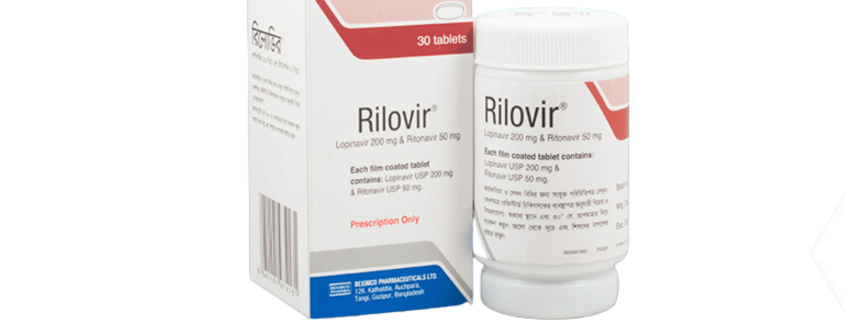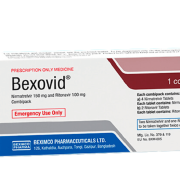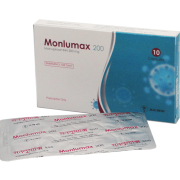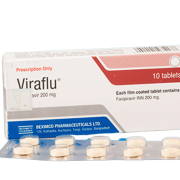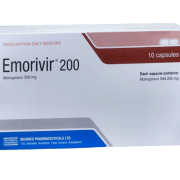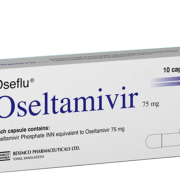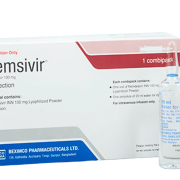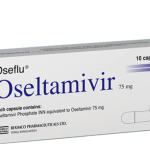Rilovir
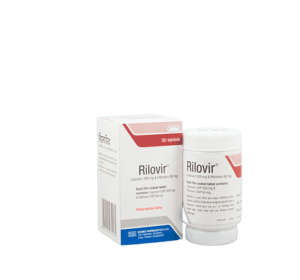
Generic Name: Lopinavir and Ritonavir
Dosage Form: Tablet
TG Name: Antiviral
1. What Rilovir® is and what it is used for
Rilovir® contains the active substances lopinavir and ritonavir. Rilovir® is an antiretroviral medicine. It belongs to a group of medicines called protease inhibitors.
It can be used for:
- Rilovir® is used by children 2 years of age or older, adolescents and adults who are infected with HIV, the virus which causes AIDS.
- Rilovir® is prescribed for use in combination with other antiviral medicines. Your doctor will discuss with you and determine which medicines are best for you
- Rilovir® uses in COVID 19 is under investigation.
2. What you need to know before you or your child take Rilovir®
Do not take Rilovir®
- if you are allergic to lopinavir, ritonavir or any of the other ingredients of Rilovir®.
- if you have severe liver problems.
Warnings and precautions
Talk to your doctor before taking Rilovir®.
Important information
- People taking Rilovir® may still develop infections or other illnesses associated with HIV disease and AIDS. It is therefore important that you remain under the supervision of your doctor while taking Rilovir®.
- You can still pass on HIV when taking this medicine, although the risk is lowered by effective antiretroviral therapy. Discuss with your doctor the precautions needed to avoid infecting other people.
Tell your doctor if you or your child have/had
- Haemophilia type A and B as Rilovir® might increase the risk of bleeding.
- Diabetes as increased blood sugars has been reported in patients receiving Rilovir®.
- A history of liver problems as patients with a history of liver disease, including chronic hepatitis B or C are at increased risk of severe and potentially fatal liver side effects.
Pregnancy and breast-feeding
- Tell your doctor immediately if you are planning to have a baby, you are pregnant, think you may be pregnant or if you are breast-feeding.
- Breast-feeding mothers should not take Rilovir® unless specifically directed by the doctor.
- It is recommended that HIV-infected women do not breast-feed their infants because there is a possibility that the baby can be infected with HIV through your breast milk.
Driving or using machines
Rilovir® has not specifically been tested for its possible effects on the ability to drive a car or operate machines. Do not drive a car or operate machinery if you experience any side effects (e.g. nausea) that impact your ability to do so safely. Instead, contact your doctor.
3. How to take Rilovir® and when?
Use in adults
Total recommended daily dosage is 800/200 mg given once or twice daily. Rilovir® can be given as once daily or twice daily regimen.
Rilovir® once daily dosing regimen is not recommended in:
- Adult patients with three or more of the following lopinavir resistance-associated substitutions: L10F/I/R/V, K20M/N/R, L24I, L33F, M36I, I47V, G48V, I54L/T/V, V82A/C/F/S/T, and I84V.
- In combination with carbamazepine, phenobarbital, or phenytoin.
- In combination with efavirenz, nevirapine, or nelfinavir.
Use in children
- For children, your doctor will decide the right dose (number of tablets) based on the child’s height and weight.
- Rilovir® tablets can be taken with or without food.

